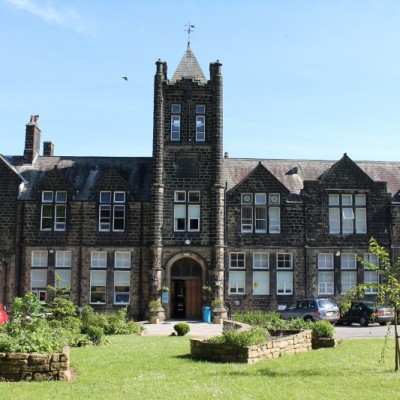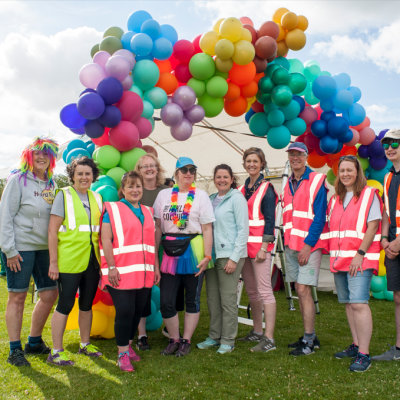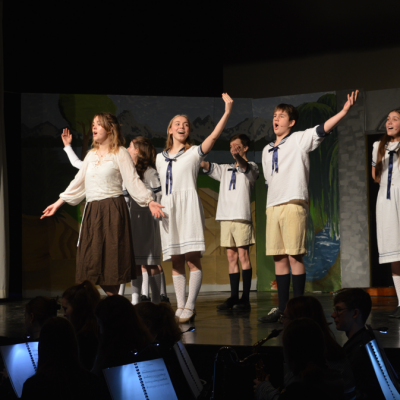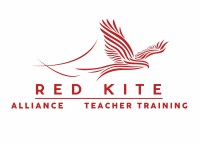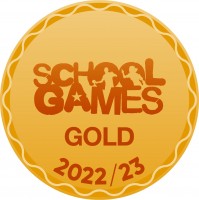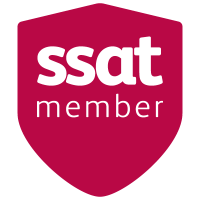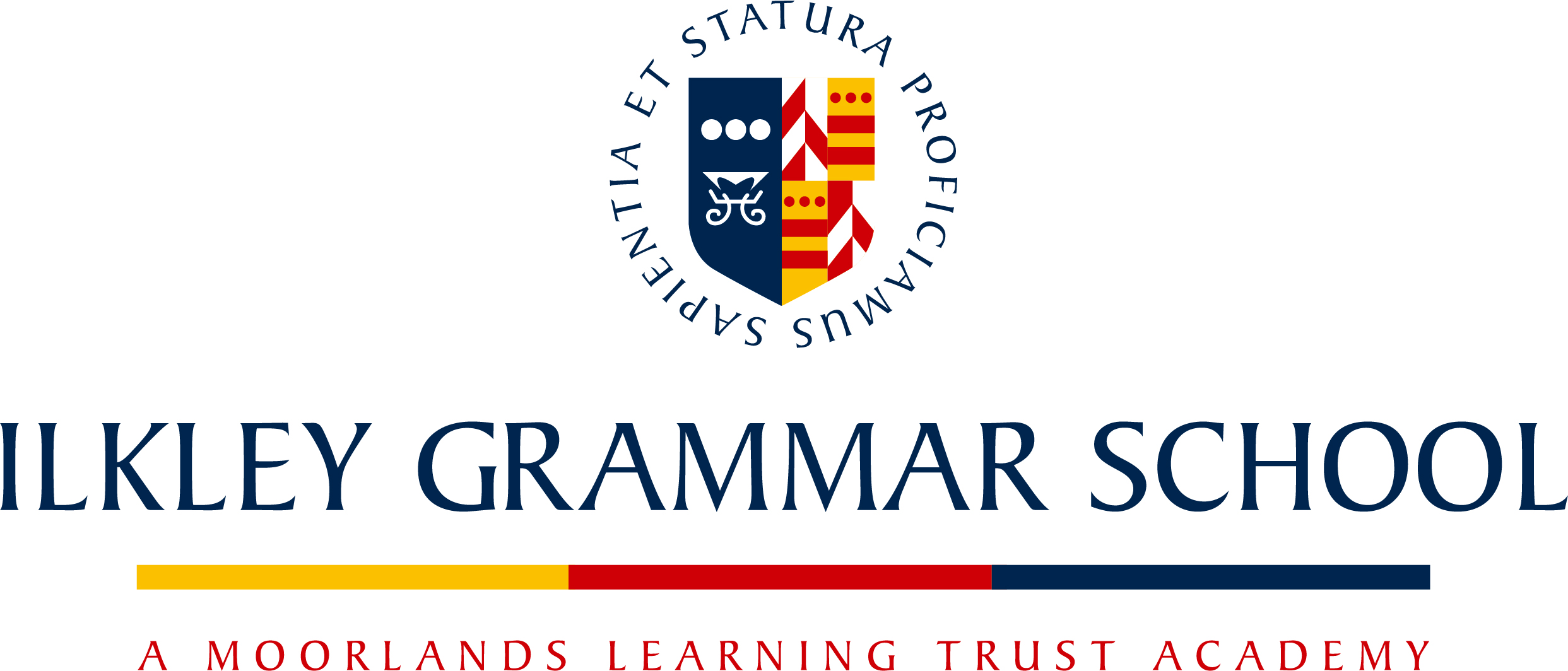History
Aspirations
We study history as it allows students to understand the complex and diverse world in which they live. The study of historic events and people help students to understand the linkages between the past and the present, explaining the world in which we live. History requires students to develop a complex and diverse knowledge of our collective past through the exploration of primary and secondary sources. It helps students to develop a methodological framework to critically evaluate sources of information, to distinguish between conflicting and sometimes contradictory interpretations, and to form substantiated judgements based on the weight of the available evidence. This methodology allows students to become critical and resilient learners.
At the Ilkley Grammar School, we want to fire students’ intellectual curiosity, allowing them to engage with history across a range of peoples, time periods and geographic locations. They will be challenged to think, speculate and compare, developing and applying their knowledge across a range of historic enquiries. Students will understand the contested nature of the past, developing a capacity to engage with and interrogate alternative perspectives. Whilst it is impossible to include everything we would like, the curriculum at the Ilkley Grammar School enriches students with a broad knowledge of British, European and World Histories and develops chronological coherence. This study of history provides context to learning across the curriculum.
Students at IGS will develop an understanding of the disciplinary approaches of an historian, developing conceptual clarity, attention to detail and flexibility in their capacity to engage with different perspectives and interpretations. Their understanding of the craft of an historian will be grounded in a broad historical knowledge and their ability to deploy this in different context.
Key Stage Three
Across the three years they will build a broad knowledge and respect of different peoples, locations, and time periods. Throughout Key Stage Three students will return to three questions, which help to provide order and structure to their knowledge. This will aid students in building coherent narratives and integrating new knowledge with their pre-existing ideas. Similarly, these questions will provide coherence for students as they construct their understanding of abstract and changing concepts. The questions students will continue to return to are:
- What was life like?
- Who had power?
- What did people think?
Whilst these questions will not be overtly mentioned in the majority of lessons, they will help integrate their understanding in a coherent and connected manner, gradually building more complex understanding of various substantive concepts (see substantive concepts mapping document).
Year 7: Ancient Rome and the Medieval World
The Year 7 curriculum aims to provide students with a grounding in the discipline of an historian, introducing them to disciplinary approaches and key concepts which underpin the subject. Students in Year 7 will develop their understanding of a broad period of time covering both Ancient Rome and the medieval world.
Year 7 begins with an introductory unit, which develops students understanding of some key aspects of the craft of an historian (EQ1). Our story begins with the rise and development of Ancient Rome, charting the origins of the Republic and the development of the Empire (EQ2). The collapse of the Western Roman Empire led to turbulence and dislocation which witnessed the rise of the Roman Catholic Church, becoming the dominant organisation in Western Europe. The power of the church (EQ3) led to conflict with the monarchs of Europe, such as the Holy Roman Emperor Henrich V. Following the White Ship disaster, Henrich’s daughter-in-law, the Empress Matilda (EQ4), was next in line to the English throne but her authority was ignored (EQ4). Matilda’s son, Henry II, was the first of the Plantagenet King and the House of Plantagenet ruled England until 1399. This leads us to a study of life in 14th Century England (EQ5). Whilst England faced the problems of the Great Famine and the Black Death, the Aztec city state of Tenochtitlan was being established and came to dominant central Mexico. The arrival of the Spanish led to conflict and results in conquest of Mexico (EQ6). We end the year with a thematic study of British response to Crime and Punishment (EQ7).
Year 8: The development of Modern Britain
The Year 8 curriculum looks at the forces that developed from the end of the Middle Ages and which help to explain the modern world. Students will encounter a broad range of topics which cover from the end of the Middle Ages to the end of the 19th century.
We begin Year 8 with a study of religion in Tudor England, looking at the Break with Rome and subsequent changes (EQ 1 and 2). We then look at the expansion of Britain’s international influence and the development of earl empire (EQ3). Britain early empire was significant in the Atlantic World and saw Britain play a significant role in the Atlantic Slavery (EQ4). Having studied the atrocities of the Atlantic Slavery, students then study the eventual abolition of the slave trade (EQ4) in the British Empire. The slave trade helped to bring wealth and resource to Britain and contributed to the development of the Industrial Revolution in Britain. The Industrial Revolution (EQ5) resulted in a significant change which had a profound effect on people lives. Whilst Britain was witnessing a economic and social revolution, the Empire continued to expand and reinforce Britain’s world position. The 19th century saw a significant expansion of the Empire in Africa (EQ6). At this point we return to late 19th century and early 20th century Britain, to look at the changing position of women (EQ7).
Year 9: The Twentieth Century
The Year 9 curriculum looks at some of the significant events of the 20th century, looking at the changes which help to explain the modern world.
The economic, political, and international changes that occurred in the 19th century, culminated with the outbreak of the First World War in 1914 (EQ1). Students first consider the causes of the First World War before looking at the nature and extent of the war (EQ2 and 3). The war came to an end in 1918 but its legacy of the First World War had a profound effect on many countries. Students study the contrasting fortunes of the USA and Germany in the 1920s. They begin by studying the USA in the 1920s (EQ4) considering the extent to which this period can be remember as the roaring twenties. Having studied the experience of 1920s USA, they then study the rise of the Nazi Party in Germany (EQ5). They consider the issues which allowed the Hitler and the Nazis to Rise to power in 1933. Students end the year looking at the situation for young people in post war Britain (EQ6).
Key Stage 4 – GCSE History
Students at IGS study OCR History B (Schools History Project). This specification was chosen because of the variety and breadth of topics available. It allows students to study both medieval and modern history, effectively balancing the different approaches.
Students begin Year 10 completing the People’s Health, a thematic study of changing living conditions and response to disease from 1250 to the present. This consolidates student’s chronological awareness at the start of their GCSE and acts as a framework from with other knowledge can develop. Students then study the Norman Conquest, looking at the tumultuous events of 1066 and the impact this had on England. Students then complete their study of a site of historic significance - a Cold War era bunker situated in the suburbs of York. This site has been chosen as it allows students to study one of the key periods of the twentieth century at a local level.
Students begin year 11 studying life in Nazi Germany. They consider how the Nazi Party created a dictatorship in Germany and the impact this had on those people who lived under Nazi Rule. Students end the course studying the Viking Expansion, C.750-1050 which allows them to see the level of interconnectedness of medieval Europe. Collectively the selection of these units provides students with a varied curriculum which incorporates a range of different time periods and geographic locations.
Key Stage 5
Students in Key Stage 5 study the AQA A Level Specification. The selection of unit allows students to gain an understanding of the modern world, looking at the forces and issues that help to explain modern society.
For their British Unit students complete Unit 1G – Britain Challenge and Transformation, c. 1851-1964. This thematic course charts the changes and development that occur in the second half of the nineteenth and first half of the twentieth century. This course proved to explain the key issues in the development of modern Britain, looking at issues such a political and economic developments. In Year 12 they study Victorian and Edwardian Britain, analysing the social, economic and political changes that occurred. In Year 13 they study the same themes in the first half of the twentieth century, looking at the political, social and economic forces which explain modern Britain.
For the European aspect they study Unit 2H – France in Revolution 1774-1915. This depth study covers the important years that culminated with the French Revolution, which altered the foundations of European societies. They encounter the ideas of citizenship, democracy and popular participation which are fundamental in explain modern society. In Year 12 they study the events of the Revolution and in Year 13 the debate role Napoleon played in maintaining the Revolutionary gains.
For the NEA element, students complete a personal investigation on international relations in the 20th century, look particularly at the relationship between the USA and Russia.
Further information on learning History at IGS:
